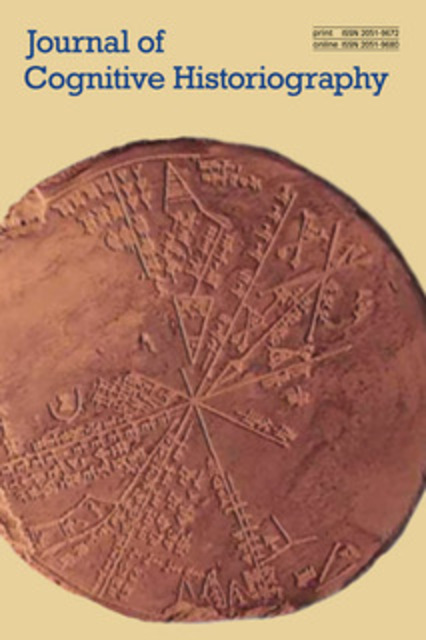JCH/“Hands of gods” at Work: Magic and Hippocratic Catharsis

Full description
In ancient Greece, some basic Hippocratic practices were almost indistinguishable from magic healing, and above all, catharsis was essentially a magic action. The use of cleansing, usually by hellebore, in the treatment of various ailments, is a shining example of the vitality of the magic worldview, which did not turn into an insignificant modest detail, but was a major method in Hippocratic therapy. The main principle behind purification can be described as the feeling that misfortune, including disease, is filth contained within the body, and therefore can and has to be removed. The efficacy of catharsis was based on its cognitive impact, and this impact was enhanced by additional magic rites. Therefore, healing based on purification produced better results when administered in a cultic context, by a traditional healer or exorcist, than in a medical context, by a professional physician. Thus, the hostility of physicians towards sorcerers and other traditional healers receives an additional explanation.
- typeImage
- created on
- file formatjpg
- file size56 KB
- container titleJournal of Cognitive Historiography
- creatorYulia Ustinova
- issn2051-9680 (Online)
- issue8.1-2
- publisherEquinox Publishing Ltd.
- publisher placeSheffield, United Kingdom
- rights holderEquinox Publishing Ltd.
- doi
We use cookies to analyze our traffic. Please decide if you are willing to accept cookies from our website. You can change this setting anytime in Privacy Settings.
